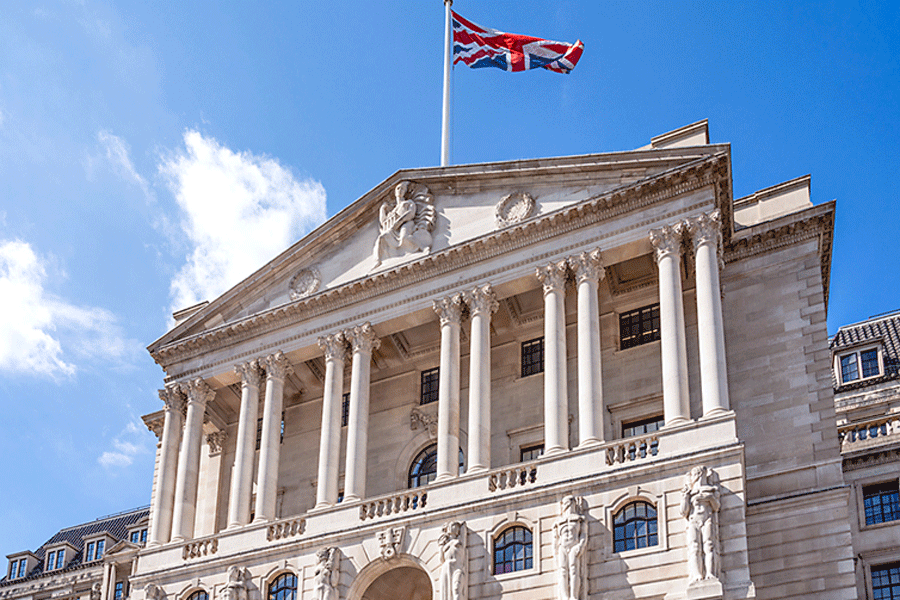The Bank of England raised interest rates by a bigger-than-expected half a percentage point on Thursday after it said there had been “significant” news suggesting British inflation would take longer to fall.
The BoE’s Monetary Policy Committee (MPC) voted 7-2 to raise its main interest rate to 5 per cent from 4.5 per cent, its highest since 2008 and its largest rate increase since February, following stickier inflation and wage growth since its policymakers met last in May.
“There has been significant upside news in recent data that indicates more persistence in the inflation process,” the MPC said.
“Second-round effects in domestic price and wage developments generated by external cost shocks are likely to take longer to unwind than they did to emerge,” it added.
Economists polled by Reuters had expected a move to 4.75 per cent, although financial markets earlier on Thursday had seen a nearly 50 per cent chance of a rise to 5 per cent, following higher-than-expected inflation data released on Wednesday.
BoE policymakers had given little indication that a half-point rate increase was under consideration in the run-up to Thursday’s announcement.
MPC members Silvana Tenreyro and Swati Dhingra opposed the rate rise — as they have all others this year — saying that much of the impact of past tightening had yet to be felt, and forward-looking indicators pointed to steep falls in inflation and wage growth.
Swiss policy rates
The Swiss National Bank raised its policy interest rate by 25 basis points on Thursday as the central bank pressed ahead with its campaign to dampen stubborn inflation and signalled that more tightening was likely to come.
Chairman Thomas Jordan pointed to rising inflationary pressures and the danger of price increases becoming entrenched as the SNB hiked Swiss rates for the fifth time in succession.
Although Swiss inflation ebbed to 2.2 per cent in May from 2.6 per cent in April, there was still more work to be done to tackle rising prices, Jordan told reporters.










